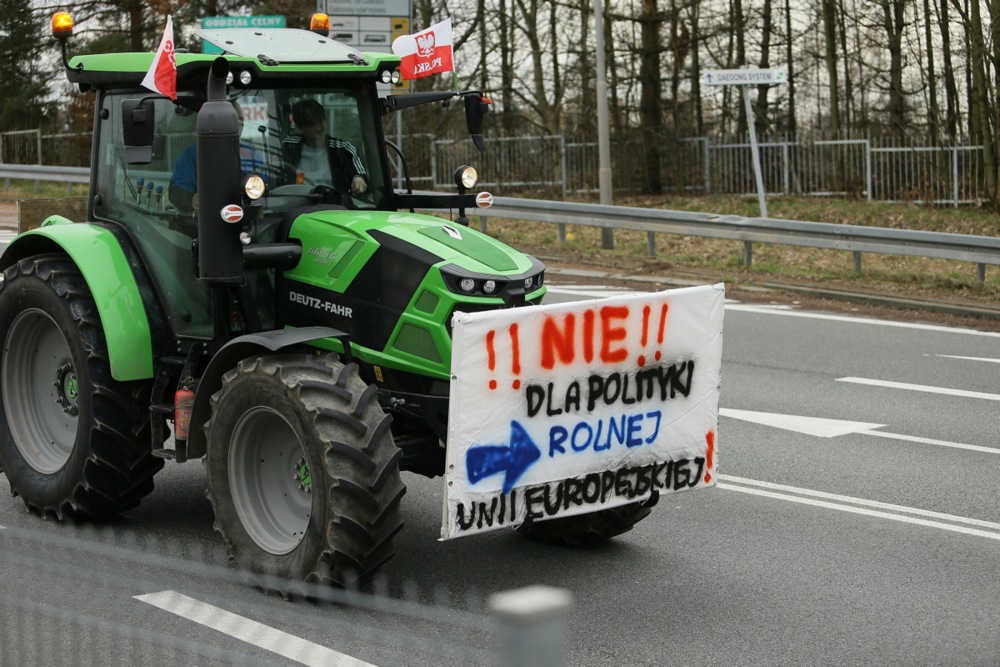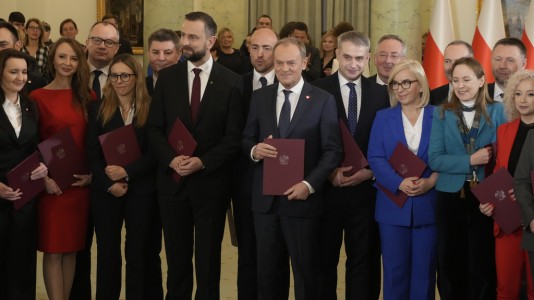I have some bad news for those politicians and journalists who think farmers are a burden on the Polish economy and a barrier to its modernization. Poland, and humanity in general, can cope without sales reps, call centers, HR and marketing experts plus all those fitness gurus, influencers, NGOs, and even vegan bars. However, without agriculture, we are dead.
This is the simple reality. Without farmers, we would have hyperinflation, poverty, unemployment, and no security.
Polish farmers are of course in a different situation than their Western colleagues, as they are working in a country that is a direct neighbor of Russia, and any conflict between Poland and Ukraine is beneficial to Moscow. I have no doubts that Russia is more than willing to stir up divisions between the two countries.
However, that does not mean that attacks on farmers, such as claiming that they are Putin’s agents, is the right way forward. Even if the mayor of Lviv may be annoyed and Brussels impatient, there is a case for listening to the farmers.
Many of the demands that farmers are making are simply for the law to be respected. There is a general consensus that Ukraine should be given military and humanitarian aid, but that does not mean that Poland should sacrifice its economy to smuggling. It also does not mean that the EU should just make Poland take in all the refugees and Ukrainian imports without any compensation.
Polish farmers are protesting all over the country and not just on the border. They are demanding the same things their Western colleagues want, compensation and a loosening of the draconian climate regime that is hitting them so hard. The zero-emissions dream has turned into a nightmare, with or without EU funds for the “greening” of the economy.
Some of our progressives think farmers are passé, but they are in fact very much part of an international trend, with farmers all over Europe protesting. Actually, all those protests are alter-globalist in nature and also pro-environmental The farmers simply do not trust the supranational regulators and see that too often they have become tools in the hands of corporate interests and political ideologies. The farmers rightly suspect that the decision-makers have become remote and are willing to tolerate lawbreaking when it is in the interests of their friends in Big Business.
That is why it’s worth supporting, or at least trying to understand, our farmers — especially from the left and progressives who are increasingly demonizing this group.






